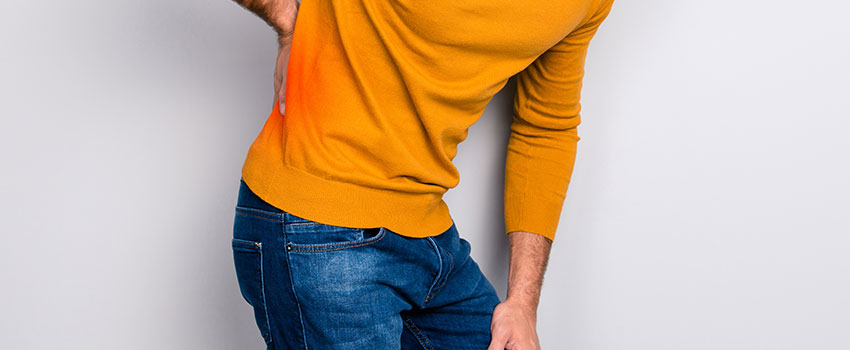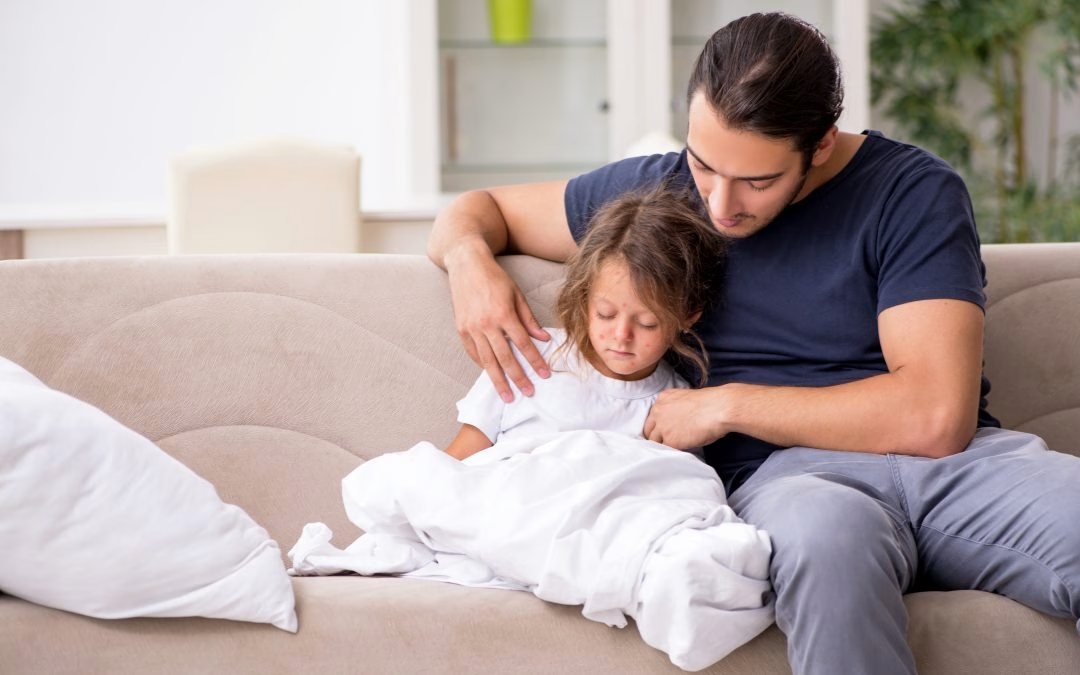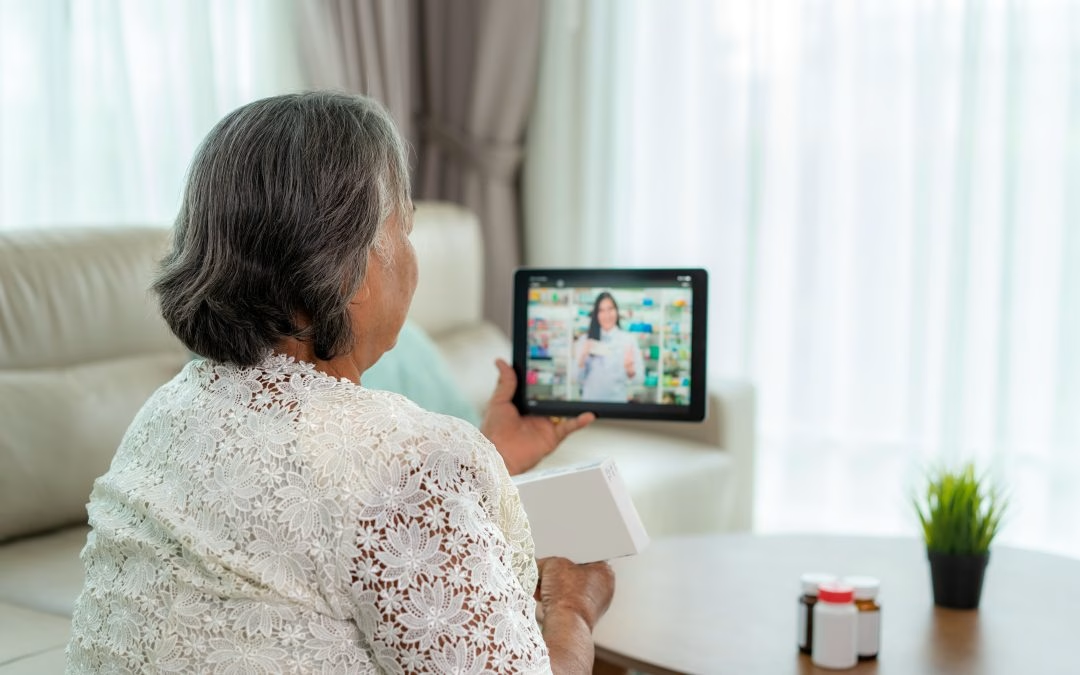
Kidney stones are the worst. Although they most often affect people between the ages of 40 and 60, they can happen to anyone. Not to mention, they can cause extreme discomfort. Luckily, though, kidney stones are quite treatable and don’t often last for more than a month at a time.
Our AFC Urgent Care Chapman Highway team provides more of what you need to know about kidney stones below, so keep reading!
What Causes Kidney Stones?
Kidney stones, which are hard deposits that are formed in urine, occur when there is too much waste in too little urine. The most common causes are drinking too little water, exercising too little, obesity, weight loss surgery or eating food with too much salt or sugar. Furthermore, urinary tract infections and family history can contribute to kidney stones.
Not all kidney stones are the same, though, as we explain in the section below.
Types of Kidney Stones
- Calcium oxalate. The is the most common type of kidney stone, which is created when calcium combines with oxalate in the urine. The most common causes of this type of stone are too little calcium in your diet and not enough water.
- Uric acid. This is another common type of kidney stone. Foods that are high in purines, like shellfish and red meats, can lead to a higher production of monosodium urate, which can form kidney stones.
- Struvite. These stones are less common and are caused by infections in the upper urinary tract.
- Cystine. These stones are rare and tend to run in families.
What Do I Do If I Have a Kidney Stone?
If you experience the symptoms that we’ve listed in the section below, you likely have a kidney stone. The best thing to do in this instance is to visit our AFC center to find out your next steps.
A medical professional will evaluate your symptoms, confirm the diagnosis and most likely ask you to drink extra fluid in an attempt to flush the stone out in the urine. In rarer cases, the stone may need to be removed with surgery.
Common Kidney Stone Symptoms
- Severe pain on either side of your lower back
- More vague pain or stomach ache that doesn’t go away
- Blood in the urine
- Nausea or vomiting
- Fever and chills
- Urine that smells bad or looks cloudy
We’re here for you now and always! Don’t hesitate to visit our AFC Urgent Care Chapman Highway team today.


